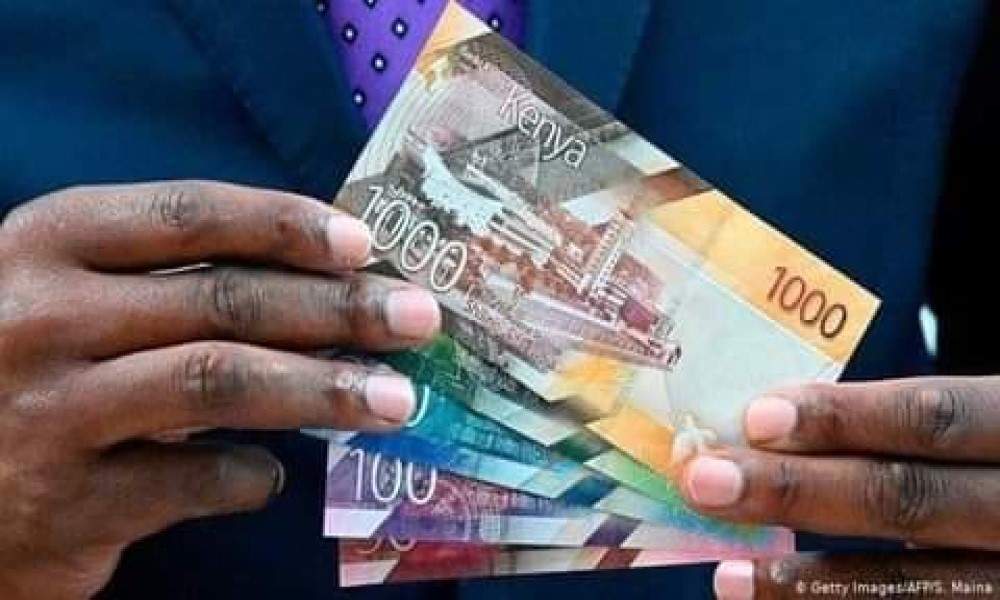Having a salary is a good thing but how to budget your salary in Kenya can be an uphill task. Worry not, I have prepared a complete guide for you to help you plan your financial well.
You may here of stories or know people whom after getting payed today, a week later they are too broke and start depending on loans. Such a scenario occurs due to poor financial planning which I will help you overcome.
So, whether you are looking on how to manage 25,000 salary, monthly budget for 20k salary, budget for 30 000 salary, or whichever salary you get you are in the right place.
1. Understand Your Salary
It may appear like understanding the figures on your payslip is simple, but it is a process. So is it a process to budget your salary.
You should budget your pay by percentages when you’ve figured out your figures. You should think about the following crucial areas as a salaried Kenyan. Bes sure to live within your means.
2. Spending On Rent
What percentage of salary should go to rent in Kenya? 30% or less of the salary according to the global recommendation. Beyond that you will be straining.
To reach this goal, you might consider relocating to a safer, more accessible, and less expensive neighborhood.
3. Spending On Shopping
The optimal percentage of the household budget depending on salary is 20%.
Buying foodstuff from cheap sources may cut down your cost. If you reside within Nairobi, some of the best markets to buy food stuffs include:
- Ngara Market for fresh fruits, vegetables, and grains
- Gikomba for fresh veges as well as fresh fish)
- City Market for meat
- Wakulima Market (Marikiti) for all fresh foods and grains
- Muthurwa Market for grains fresh fruits, and vegetables
For household items, go to Kamukunji market.
4. Savings
Try make 20% of your salary a saving. Some popular ways to save include:
- Buy government bonds
- Invest in M-Akiba
- Try table banking
- Invest in Nairobi Securities Exchange (NSE)
5. Transport Cost
It is recommended that you set aside at least 15% of your wage for transportation expenditures when planning your paycheck. If you own a car, your transportation costs may rise by as much as 20% due to fuel cost fluctuations.
Use public transport to cut down cost if you can. Taxis are expensive despite being efficient. Money saved on transport can be saved for future.
6. Medical Insurance
Have a medical insurance cover standby. Most affordable is the NHIF. If you can afford private insurance well and good. Health insurance can save you in case of sickness.
7. Debt Payments
Making debt payments is not only your legal obligation, but also one of the most important steps toward financial independence.
Some of the best ways to clear your loan first include make a deal with your creditors (it is legal), stop borrowing while paying off your other obligations and make repayment arrangements that include a variety of payment options.
8. Emergency Fund
You should strive to save enough money to last six months without receiving a paycheck. Emergency fund can save you during emergency whenever you need urgent cash without having to get into loans.
9. Find Side Hustle
Find other income sources to start a side hustle.
Related Articles
How To Run Family With Low Income
How To Manage 15k Salary In Kenya
How To Manage A 20k Salary In Kenya
How To Manage 30k Salary in Kenya

